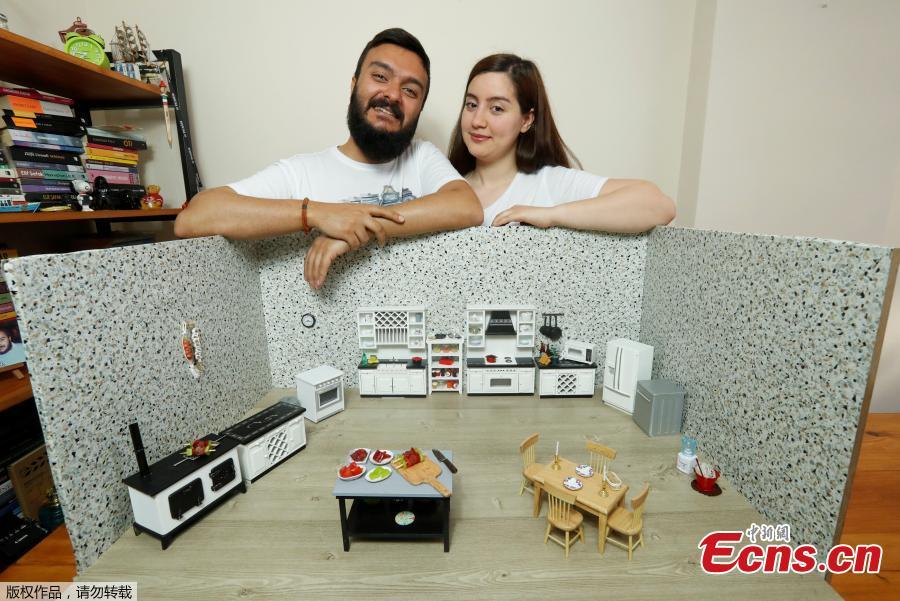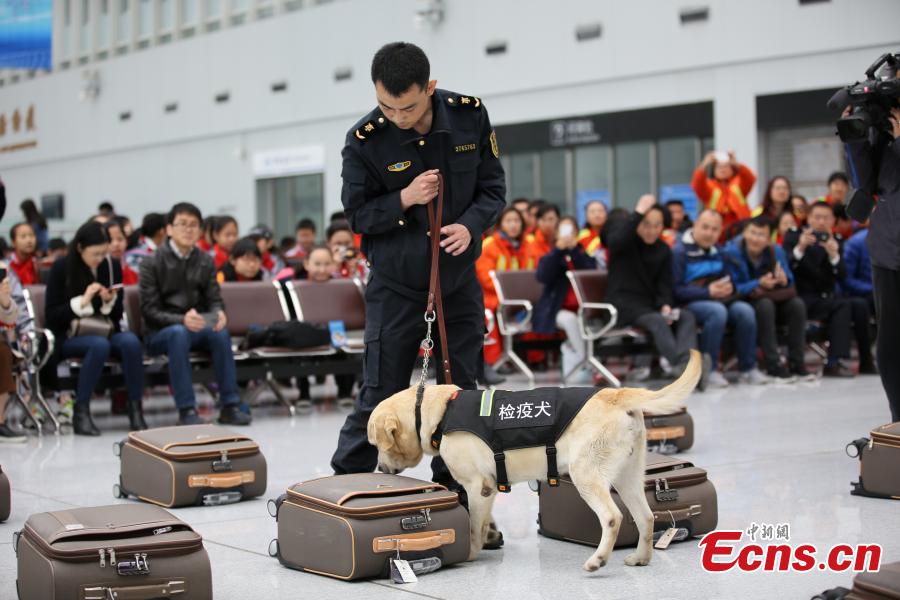China has given the greenlight to "Internet hospitals" but stressed that safety is the bottom line.
This message was disclosed at a regular government policy press conference held by the State Council Information Office Monday.
"Medical institutes can set up Internet hospitals to offer approved services. Internet companies can also operate Internet hospitals but have to anchor their services to brick-and-mortar hospitals," said Jiao Yahui, an official with the National Health Commission.
She said efforts would be sped up to push government guidelines on online medical services, drawing up requirements and procedures to apply for running Internet hospitals.
The move is expected to drive the country's fast-developing Internet medical care sector to new heights.
Online consulting sites set up by tech startups, such as haodf.com and chunyuyisheng.com, have become very popular in China in recent years. Through websites or phone apps, people can choose the best doctors across the country to consult on their health concerns. Based on uploaded medical scans and descriptions, the doctors can give advice but they need to see the patients in person to authorize the diagnosis, prescribe drugs or order treatment.
Jiao told the press conference that it was now allowed for patients of "certain" chronic or common diseases to use the Internet to complete hospital return visits, which means following up treatment with the doctors they have seen in person.
"Supervision of the online and off-line services is combined," Jiao said. "We must strictly guard the bottom line of safety."
Last week, the State Council approved a plan to expand the use of Internet technologies to boost the medical sector.
Big hospitals are asked to provide online services for appointments, checking examination results and others. Online medicine should cover all medical unions and county-level hospitals to connect better medical resources in east China with the demands of central and western areas.
Jiao said the measures were aimed at saving on hospital trips.
"Let the information run (the errands) instead," she said.
Yu Xuejun, another National Health Commission official, said the measures would be taken to safeguard patient privacy and data safety.


















































